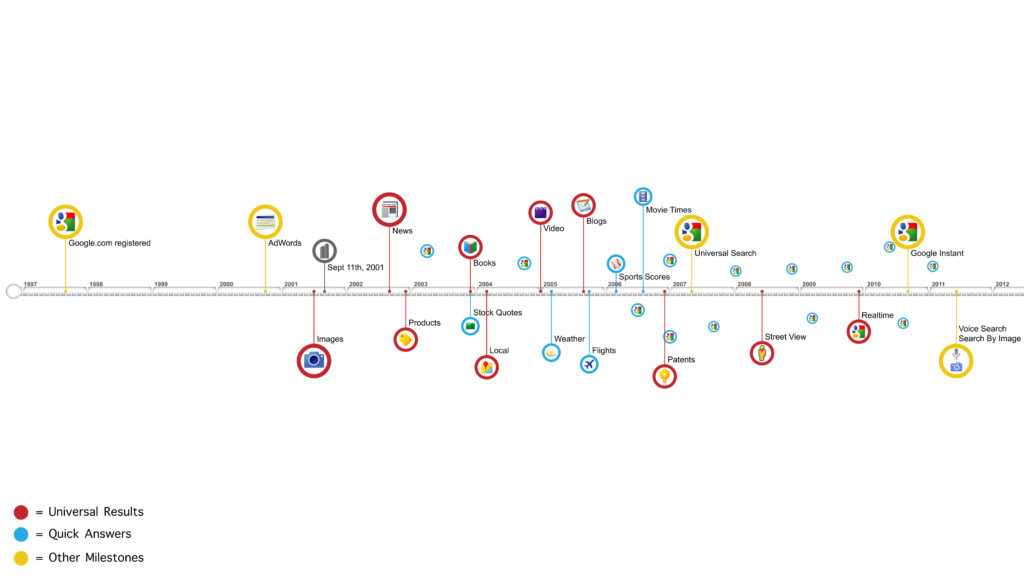
Google Search Engine has evolved rapidly over the last 20 years, having made significant improvements in its algorithm and search format as online content gets richer. Its progress from PageRank to Universal Search format in 2007 is significant, having shifted from keyword-matching to search results pulled from multiple sources to determine the most relevant search results for users, be it images, text, videos or news releases. As consumers expect more from Google’s engine, it has continued to evolve in 2012 into the Knowledge Graph, where relevant search results are provided through a wide mix of resources, including a user’s previous search history, location, and email data. These refinements have enabled more accuracy in customized search queries according to a user’s search intent and preferences. Here’s a video that shares about Google’s Search Engine in six minutes:

Google’s move towards creating accessibility for anyone to optimize on its search engine platform is an important step in how we will think about big data applications. Its launch of the BigQuery in 2010 has been used for Google’s autonomous vehicles projects and voice-activated assistance tools. This is only the tip of the iceberg, which will position Google for the next bound in using its platform for applications with data prediction capabilities.
Facebook Comments